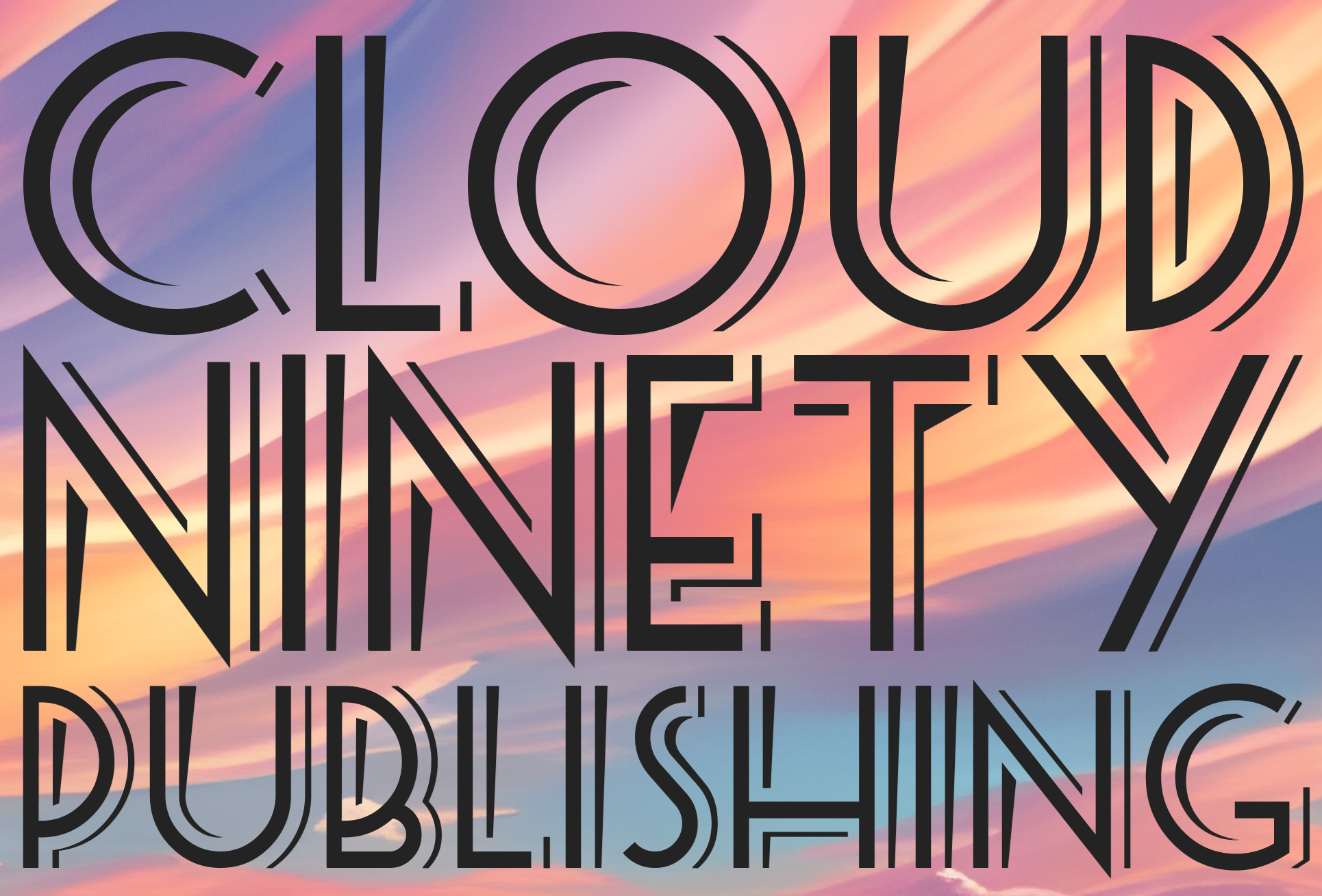The following is a transcription of the first and introductory conversation in the Knowing How To Ask Your Question series:
One of the ways — in fact, we would say the primary way — that questions get asked is when it is that you are paying attention to what it is that you actually want.
Now, the asking of a question is not so much being able to phrase something and say, "What is this for? What do I want? Where is this found? What can I do?" Those are not the kinds of questions that we are referring to.
The questions that we are referring to are vibrational questions.
You have strong, powerful desires for all manner of things.
Some of those are formed and some of them are not. Some of them have very definite shapes and some do not. Most of the time, you are running around playing with raw energy that just has this powerful desire for something like sex or money or the color orange or chocolate, all pronounced in very bold, broad strokes. But none very specific. And part of your job as the translator of the vibration of the desires of your own life into physical reality is to start narrowing down the components.Now, you don't do this all the time with everything. In fact, with some things you are much better off leaving it alone and letting it go and letting the universe of your thoughts do this for you. But there are times when it actually does feel better to you to sit down and bring something into focus. And these are the kinds of questions that we are referring to.
Now, again, these questions will not necessarily be in the form of a question. The question is not whether or not you are going to have something. The question is: "What form is the something going to take?"
So for example, you might have a very large, big, huge, gigantic desire for wealth. And you walk around in your life for months, even years, perhaps, thinking, "Wealth, wealth, wealth. This is what I want. This is what I want. This is what I want. This is what I will have."
But yet it is never, ever clear enough to make the physical manifestation leap. To take it from an amorphous, very general, nonphysical concept in your vibrational reality: sort of like this beautiful cloud that doesn't really have much shape and when you try to hold onto it or touch it, your hand just passes right through it. It's there. It's real. You can feel it. It has a vibrational tone. And when you think about it, you get very excited because it is such an aligned idea.
But translating that amorphous concept into a specific desire that is grounded in the reality that, from your physical perspective, you can relate to — that is the question.
So one thing that we find very interesting about being able to know what is the right question is one of the ways that you tend to sort of organize ideas about who you are and who you are becoming, or the culture that you live in, or the politics of the day, is you read or you watch or you listen to other people talk about their perspective.
So you tune into the news or you pick up a magazine or a newspaper or you read a book and you are getting templates upon templates of ideas from other people.
So the newscaster, for example, brings out the news and reads the news and says, "Okay, this is what happened today. This is what is going on. These people don't like this. These people do like that. This is happening here. This is happening there." Whatever it may be. And you listen to these things and you have opinions of your own. And you take in what you are a match to. And you can't hear what you don't know anything about or what you are not interested in or what you are not a match to.
So you only take what really applies to you. And then you do something with it.
Sometimes we know that you'll listen to the news, if you should do so, and you'll get angry because you don't like what that person is doing. Or you don't like that situation. Or "Someone should do something about that — that's unfair." Or you'll get teary and sad because what you hear is something that reminds you of something else on and on and on, and the emotion that arises in relationship to the idea is grief or sadness.
That is how you are translating the vibration of the news. That's how you are actually asking the specific questions about what this information is.
Now, the thing is is that you may be sitting there feeling angry. But you are probably not — maybe some of you are — but you are probably not going downtown and turning over cars and setting them on fire to demonstrate your anger. You're not leading the charge of a riot or gathering people to build an army to go attack those people that you don't like.
But you are still angry. You still have that energy and something happens with it. You feel it. It goes somewhere. You do something with it in some way. That's how you translate the vibration.
But you see, what this does, actually, is it allows you to sort through ideas without having to be on the battlefield, without having to be right in front of the person who is in pain. And you make decisions about what these things mean to you.
None of this is probably pleasant. None of this is probably something that you like very much of. And none of this is probably, perhaps, particularly helpful in any ostensible way, although everything that you experience is helpful in some way or another.
And it may be that listening to the news, one of its most helpful things, is to realize you don't want to hear the news because you want to make your own decisions about the reality that you live in. You don't want to borrow any more templates in that way from anyone else about the state of the world. You want the world to be the world that you want it to be. And as the creator of this world, you are quite capable of doing that.
So the way you take an amorphous idea and you begin to translate it into very specific physical qualities is by asking questions.
Again, we want to remind you, when we say "asking questions," we are using that as a phrase in quotations, that simply indicates you are making a query about the nature of an idea and then translating it into a vibration.
Knowing how to ask the right question is a very important part of intentionally creating your reality.
Now, you do this, actually, quite well in many areas of your life.
Feeding yourself, for most people, is one of those places where that happens.
Being able to choose the clothing that you are going to wear for the day is another primary example of how that happens. You see all the potentialities hanging in the closet or folded in drawers or in big piles in the corner of the room, and you begin to make selections and you say, "Do I want to wear this? Or do I want to wear that?" That is the right question.
And it is as simple as that because the point of this is to wear clothes and you are choosing from the clothes that you have and making that choice. And so the question is, "Do I want to wear this or not?"
And once you ask the question, you have the answer. Building the question is the key and you are very skilled at it. You are skilled at it when it comes to eating. You are skilled at it when it comes to topics that you don't have a lot of attachment to.
But let's say you've been carrying this big, amorphous idea of wealth around in your mind for so long that it just seems like you don't know what to do with it. It just is there and you are thinking, "Yes, some day my prince will come. Some day this will happen. Some day it will fall into place. But apparently not right now."
What we're talking about here is, as it feels better to do so, taking the steps in the direction of slicing the reality into thinner pieces that you are then able to use. Instead of it being this big, amorphous idea, you start making it into very specific manifested forms that then build upon each other and create more and more of what you are wanting.
Now, for some of you, this idea is going to seem overly complex, and we understand that. And if that is the case, we wouldn't suggest that you go any further.
But if what you are hearing is intriguing to you, we would suggest that you continue forward with this material because we think you will find great benefit in being able to understand how, first of all, you've always been doing this. We're just naming something that perhaps you have not identified thus far.
Second of all, the more you know about this, the easier it is for you to take some of those really wonderful ideas that have been sitting on shelves because you weren't quite sure what to do with them, and to begin to translate them into a physical reality out of their vibrational state.
Third of all, it will help you also understand that sometimes this is the least helpful approach. And oddly enough, we think that one of the great benefits from this material throughout this series and the workshop that we will be having in it will be your recognition that sometimes it really is better to just leave it alone and let the universe of your thoughts handle it.
And instead of trying to figure out "What is the best question here?," that actually the next thing might be to say, "Okay, universe, I want this to be done. And I'm not interested in entangling myself with it. Bring me this manifested form. And do it in the most delicious and perfect and wonderful way."
That, in and of itself, is exactly the right question to be asking. Not every time and every way. But to understand the difference between taking it on yourself, so to speak, and giving it over to the universe of your thoughts — that's a very good place to go and to explore. We think it will be highly profitable, indeed.
So as with all of these things, we invite you to join us for these conversations, if it does feel better to do so. We look forward to our interactions with you throughout this conversation and very, very much are looking forward to all of the delicious experiences we will be having along the way, and to hearing your sharing of them in all the ways that you do so with us as we explore material just like this.
Listen to the original audio. Register for the Knowing How To Ask Your Question series.









